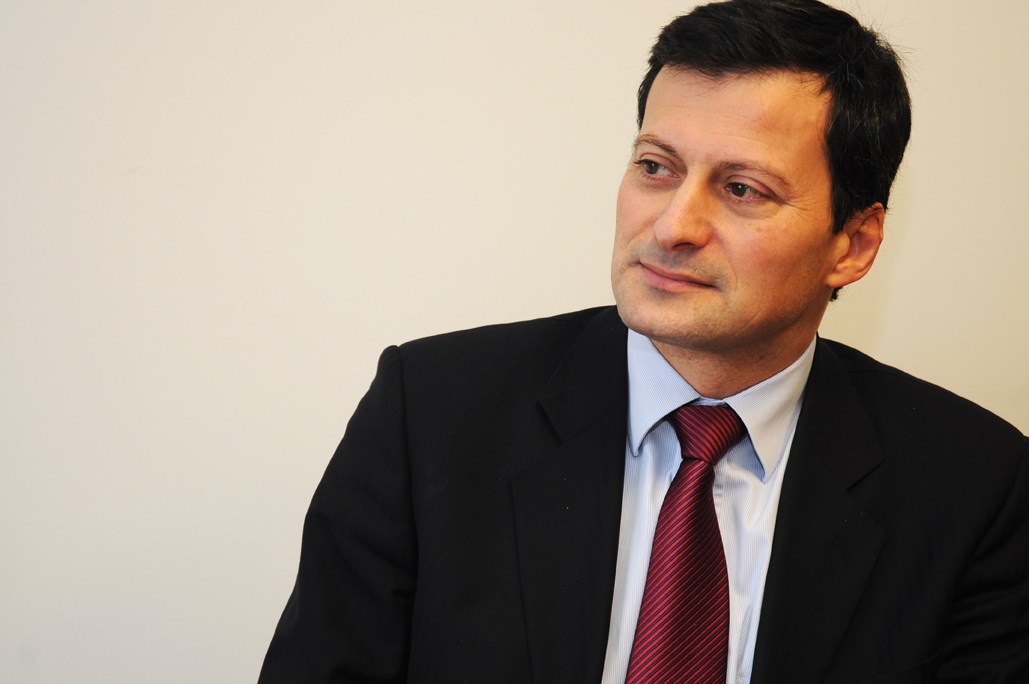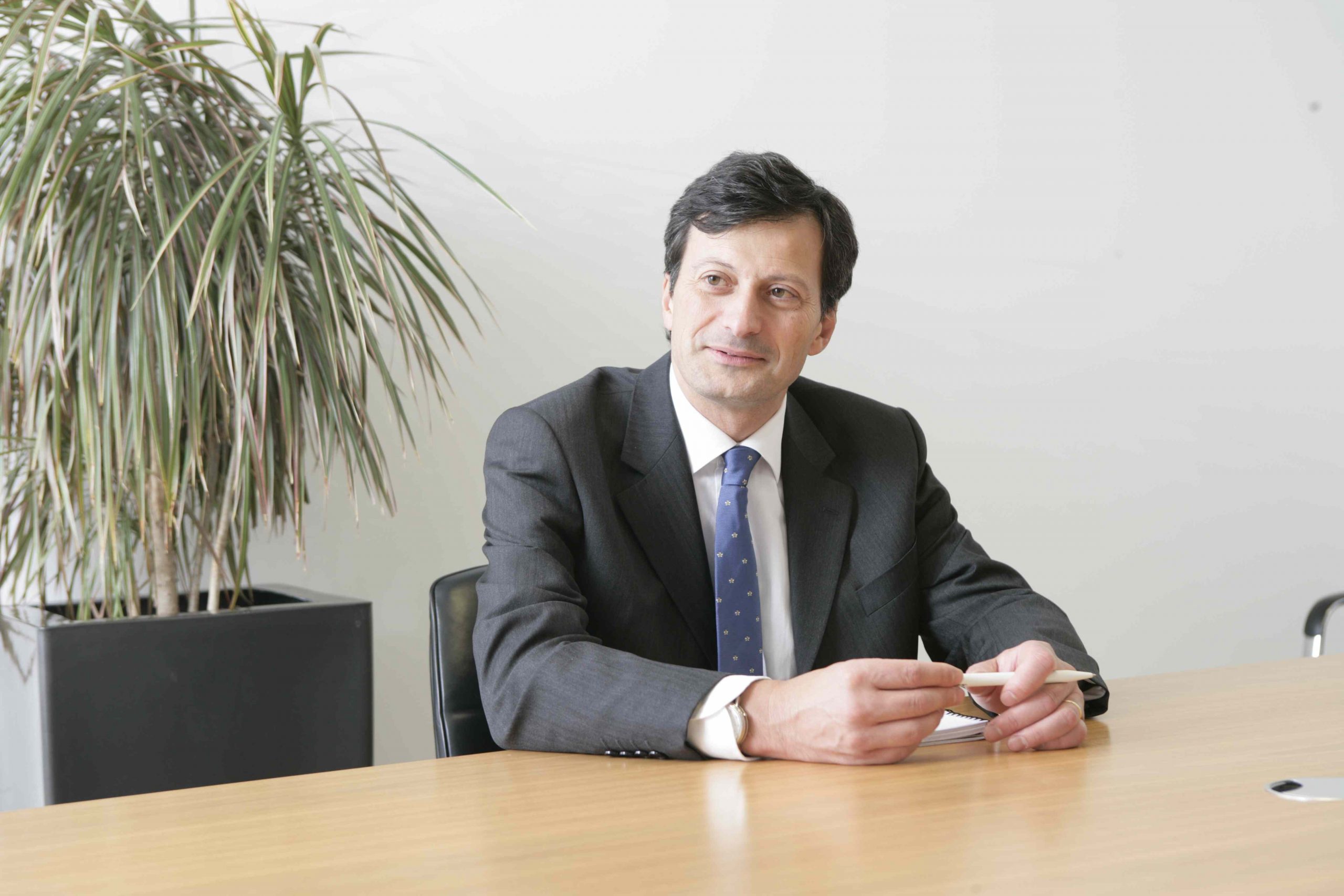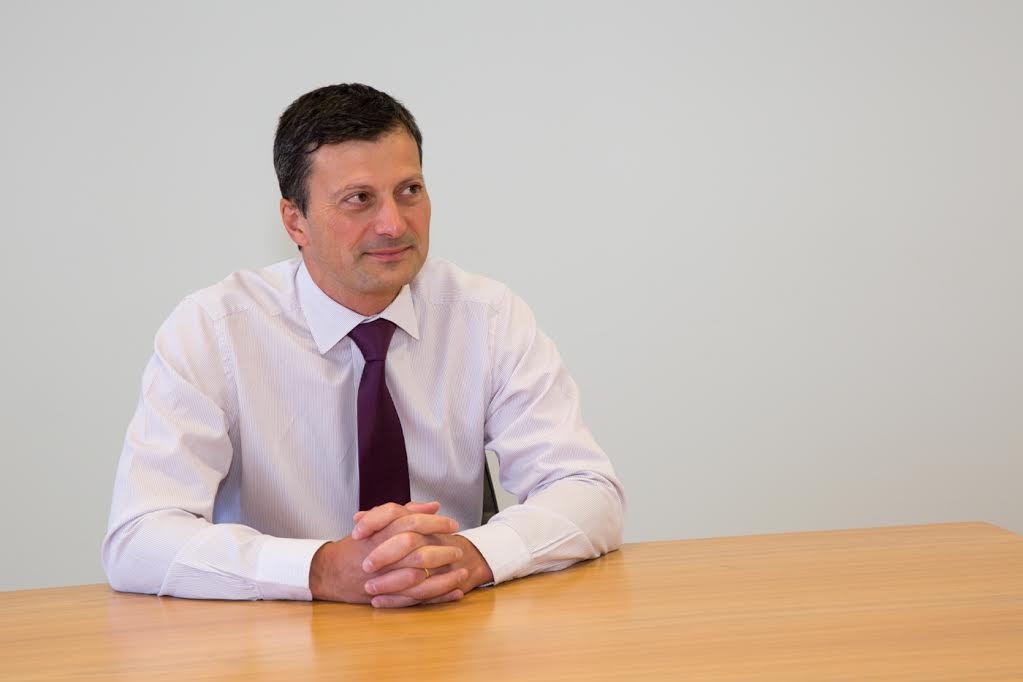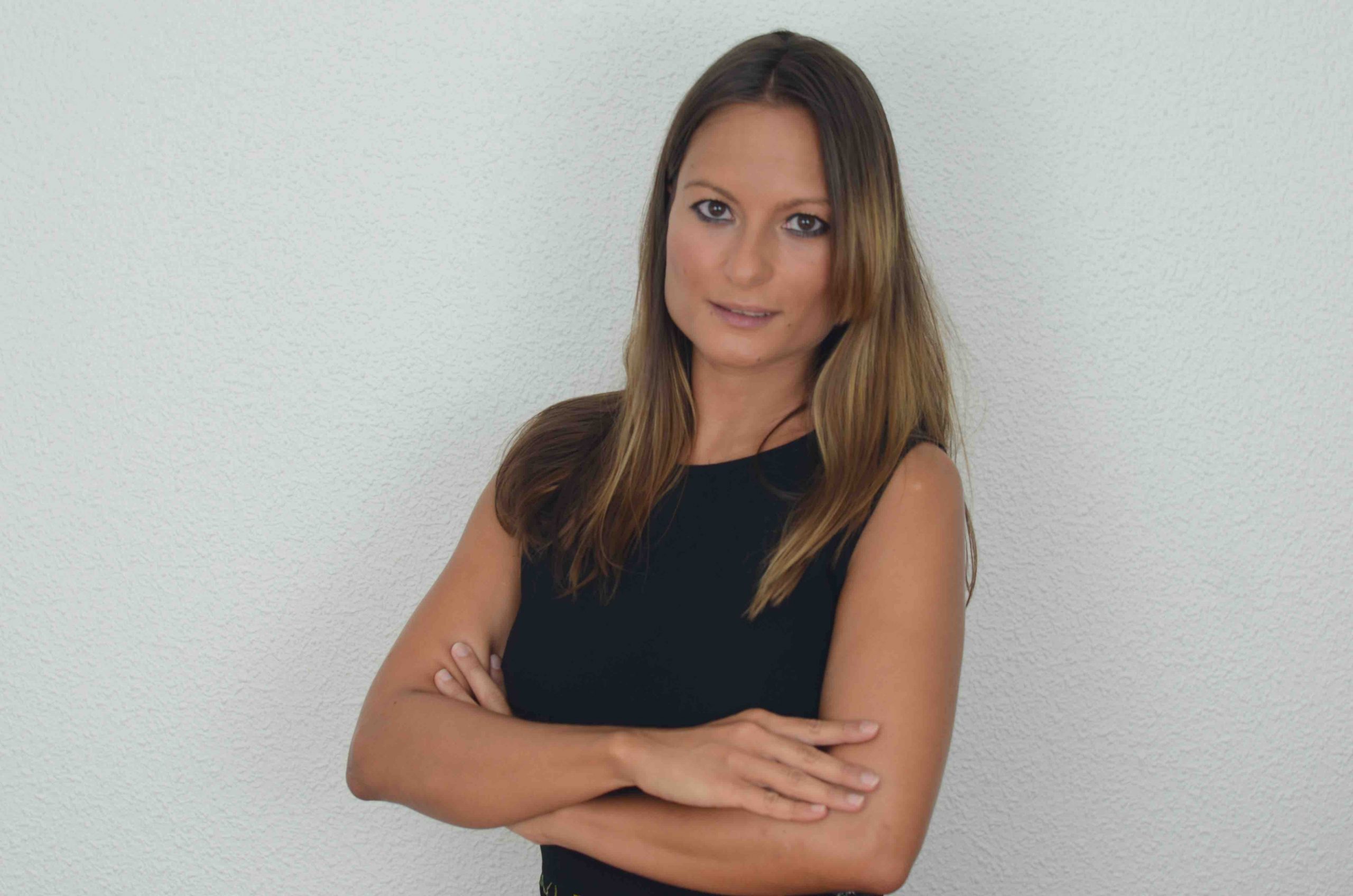Everyone is aware that last year was a complicated one for the funds of Alken, Nicolas Walewski’s fund management company. His compliance and convictions for the cyclical sectors took their toll due to events such as Brexit, which penalized his funds. But the market has been turning around for months, and in 2017 things have begun to unfold differently: “Taking panic and redemptions in European equities into account, 2016 was a year for buying,” Walewski said recently during a presentation with clients in Madrid.
The fund manager considers that, after three years of “destocking” in companies, this year begins a new “restocking” cycle, in which firms begin to invest again… and Walewski points to these new investments, to the recovery of industrial activity, and to the fact that many industries are boosting their pricing power -in addition to the fact that American and Asian investors have returned to the European market only very marginally- as positive indicators for European Equities. “Companies have invested little, overall, there are no excesses globally, so there is no reason to be pessimistic,” he says.
On the contrary, there are numerous indicators giving him the go ahead for buying equity and selling fixed income and shares with a behavior similar to bonds. “We’ve seen years of better behavior in bond-like securities while cyclicals lagged behind,” he recalls, but the story will change. In fact, this rotation from the defensive to the cyclicals is already occurring in the markets and he advises: those investors who are underweight or negative in sectors such as banking will be motivated to rotate their portfolios.
“Value will offer better returns as rates rise,” he says, “with the higher rates, the 10-year profits will be reduced, so that the growth style will offer lower returns” and lose its appeal.
In fact, this story is now rewarding the fund manager’s loyalty to the cyclical sectors, which weighed negatively last year. Walewski is still strongly committed to them this year.
Opportunity in banks
Among these sectors, and although Alken European Opportunities is still underweight in the financial sector (it underweighs the insurance sector), the fund manager points out the opportunity in banks. Thus, in the face of recent negative factors such as regulation, higher capital requirements and QE policies (“good for the cycle but terrible for banks”), the fund manager now sees positive factors, such as Real Estate price recovery (the main liability of banks), the deleveraging of individuals and companies (which allows capital reinforcement), or greater clarity in the Italian banking system. “We see conditions for higher growth and higher margins of banks in Europe, which is positive for shareholders,” says the fund manager. Although there are still many entities that are not to his liking (which is why they have not yet overweighed the sector), Walewski considers that it is “dangerous to be negative in banks”.
Cyclical sectors
One of the sectors to which he continues to be strongly committed is discretionary consumption (with an overweight of more than 22% in Alken European Opportunities), especially because of his conviction in the automotive sector, where he is beginning to see greater investments and anticipates a strong rally. He likes names such as Peugeot or Renault: the fund manager considers the latter as “the Ryanair of the automotive market”, due to its attractive low cost offer to which investors have not put a price and taking into account the great business opportunity currently opening in this business segment. As a matter of fact, Ryanair is another one of his big commitments, due to its price, to its strong growth in Germany and to the improvement of its cost structure. He also likes the luxury sector, which has been recovering in recent months (fuelled by demand stabilization in China) and whose rally will continue, he says. He is also committed to Wirecard, or B & M Value Retail, which he considers to be one of the best operators in the British retail market and which has been severely damaged by Brexit, but which could be revalued by up to 25%.
In its European stock fund, the fund manager also overweighs the industrial sector, where he sees greater business volumes and increasing power to establish prices. He speaks of Leonardo, an Italian defense company -and a case of restructuring- as a good investment in an environment of strong demand for the sector, which could boost its price up to 30%.
Healso overweighs Information Technology and the materials sector, and points out the opportunity at Glencore. “There is great skepticism about this sector, but it was the best last year and it will benefit from a more positive framework in the relationship between supply and demand.” He is cautious in energy but has increased the weight somewhat, although he admits that it is a sector that requires being very selective. Within this sector, he is still committed to renewable energy, a structural tendency “in spite of Trump”. Among his main underweights are telecommunications, health, utilities, or basic consumption sectors.
Due in part to the fact that many bond-like securities are in the large-cap segment, this year the fund manager glimpses opportunities in small caps. Last July, the management company opened its fund that invests in small capitalization firms, which had been closed to new subscriptions since 2013.
Alken, which admits to two management mistakes in recent times: the investment in Monte dei Paschi (“with the added lesson of not trusting an Italian banker”), and the fact of not seeing the “destocking” in 2015, currently has 4.5 billion Euros in assets under management.
The political impact
On the risks posed by politics this year, Walewski is cautious: in Europe, he sees evidence that much of the risk has already been accounted for with the strong capital outflows last year. “It takes a lot for this risk to prevail over fundamentals: banks are improving, valuations are cheap, industrial firms are improving their pricing power… it takes a lot,” he says. In fact, he believes that the truly important elections will be the French ones, because the risk is the lack of integration in the Union: “The risk is the lack of solidarity in Europe. Apart from the ECB, there is not much integration,” he says, and he believes the French stance toward more federalism, or its rejection, is the key.
As regards Brexit, which last year provided a buying opportunity for British domestic companies, he believes that “everything is negotiable” –you only need to see the Swiss case, he says, in which some sectors enjoy more protectionism, while others enjoy greater openness– and that it will take years. “The deadline for triggering Article 50 is artificial,” he adds. Although there may be more volatility, he believes that some of the impact is already accounted for. He is also cautious about Trump and explains that the reaction of the markets will depend on their measures. Of course, he believes that over time it could lead to some disappointments, but he does not see it as an immediate threat to the markets.
Finally, while recognizing that China will limit its growth, he points out that the debt is in public hands, rather than in private, which limits the problems, so he does not consider that to be an immediate threat.



 By Alicia Miguel Serrano
By Alicia Miguel Serrano